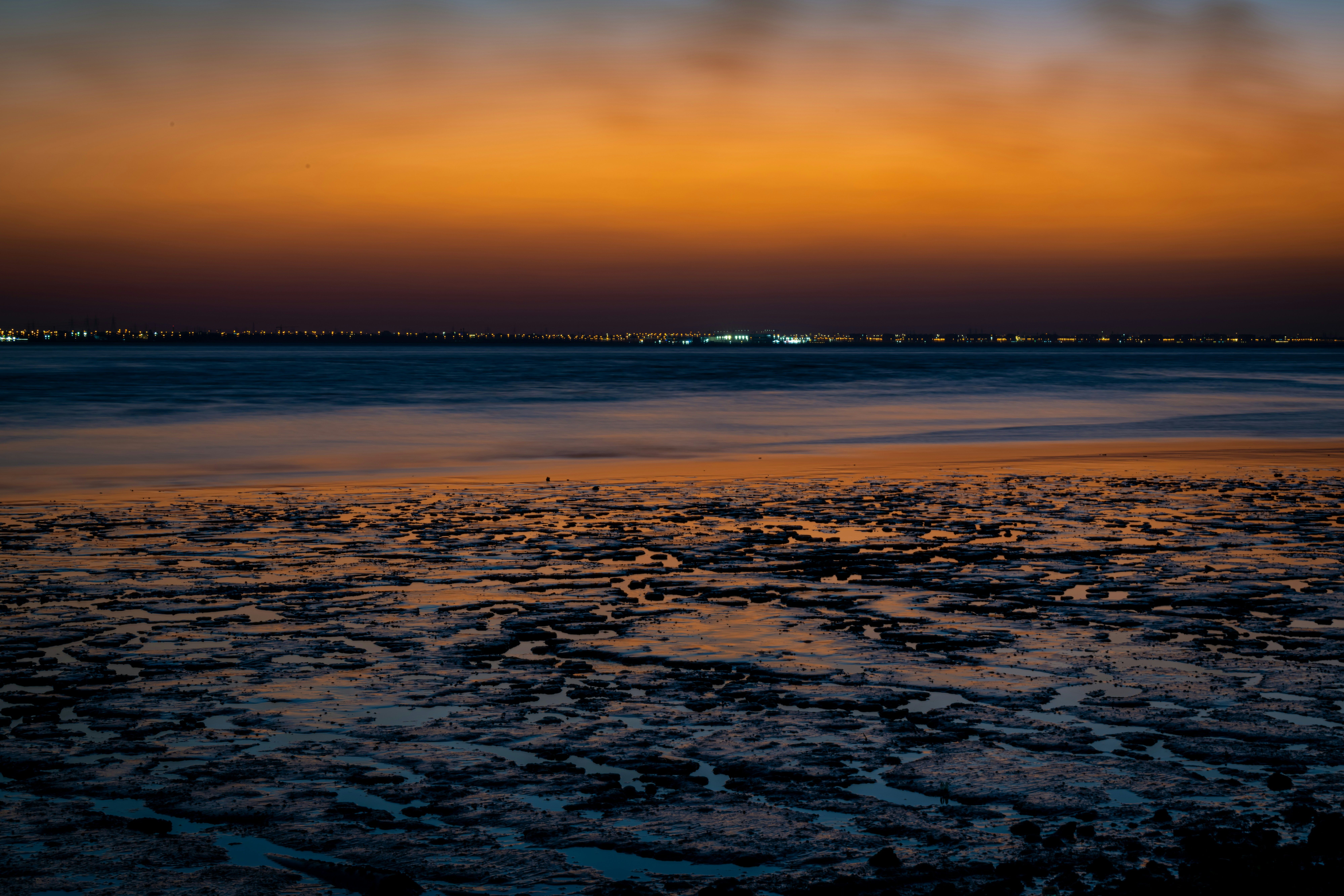Islamist heavyweights in Bangladesh pledge to implement sharia law as elections approach
"Ain't No Stopping Us Now," Says Hefazat-e-Islam, as They Geared Up for Elections
Muhammad Mamunul Haque, joint secretary of the powerful Hefazat-e-Islam coalition, left no room for doubt during an interview with AFP. "We're all set to storm the parliament in the next election," he declared confidently, showcasing the group's growing influence in Bangladesh.
On Saturday, Hefazat-e-Islam will stage a grand rally in the capital, Dhaka, marking one of their biggest public demonstrations in years. The event is expected to reaffirm the group's strong religious following and activism that has been gaining traction.
Haque, a 52-year-old political firebrand, spoke with fervor about their agenda of implementing Sharia law and pushing for it if the vote remains fair. With a network of tens of thousands of Islamic seminaries and boasting membership of over half a million, the coalition is determined to utilize their extensive network to make a significant impact in the upcoming elections.
Hefazat-e-Islam is an alliance of several parties and Muslim organizations, including Haque's Khilafat-e-Majlish party. This powerhouse pressure group has had a significant impact on Bangladesh's political landscape since its inception 15 years ago.
The exact date for elections remains unclear, but interim government leader Muhammad Yunus, a Nobel Peace Prize winner, has promised polls by June 2026 at the latest.
Bangladesh, home to approximately 170 million people, last held elections in 2024, when Sheikh Hasina won a fourth term as prime minister amidst the absence of genuine opposition parties. Her opponents chose to boycott the vote following a crackdown.
Hasina's 15-year rule was marked by extensive human rights abuses and a hardline stance against Islamist movements. Thousands, including Haque, were arrested, with Haque himself spending three years in prison following his arrest in 2021. CHarges against him stemmed from Islamists attempting to protest against a visit by Hasina's key ally, Indian Prime Minister Narendra Modi.
Hasina fled to India in August 2023, as angry crowds stormed her palace, and she has remained in self-imposed exile since then, angering Bangladeshi citizens who demand her trial for alleged "mass murder."
Islamist groups have seized the opportunity presented by Hasina's departure and have been increasingly attempting to impose their vision on the wider population. This aggressive stance by extremist movements has raised concerns within minorities, including the country's Sufi Muslim worshippers, Hindu minority, and women.
Islamists have been demanding a halt to various activities, such as cultural events deemed "anti-Islamic," ranging from music to theater festivals, women's football matches, and kite-flying celebrations. Mobs have vandalized Sufi shrines, and supporters of Haque's Khilafat-E-Majlis group have even targeted public libraries, carting away dozens of books before returning them.
Haque reiterated his opposition to a government commission focused on women's rights and its recommendations for ending discriminatory provisions, including equal inheritance rights for men and women. "The commission is disrespectful to Islamic family traditions," Haque said. "It seems they want to destroy the religious values attached to marriage and divorce, and want to establish a Western society."
Muslim-majority Bangladesh maintains a constitution based on the four pillars of nationalism, socialism, democracy, and secularism. Despite this, Haque and his supporters push for the implementation of Sharia law. "We will implement Sharia," Haque assured, pledging fairness for all under an Islamic welfare state. "Everything will be guided by the Koran."
Capital punishment for blasphemy against Islam would also be a part of the future under Sharia law. "We demand death sentences for speaking against Allah, tarnishing the image of the Prophet, and offending Muslims," Haque underscored, leaving no room for negotiation.
- Hefazat-e-Islam, with its growing influence and over half a million members, has set its sights on the 2025 elections in Bangladesh, aiming to storm the parliament and implement Sharia law.
- In line with its agenda, Hefazat-e-Islam will stage a massive rally in Dhaka on Saturday, reaffirming its strong religious following and activism.
- The coalition, consisting of several parties and Muslim organizations, including Haque's Khilafat-e-Majlish, has made it clear that they will utilize their extensive network to push for their values in the political domain.
- The group's fervor for implementing Sharia law and preserving Islamic values has raised concerns within minorities, including the country's Sufi Muslim worshippers, Hindu minority, and women, as they demand a secular and inclusive society.










